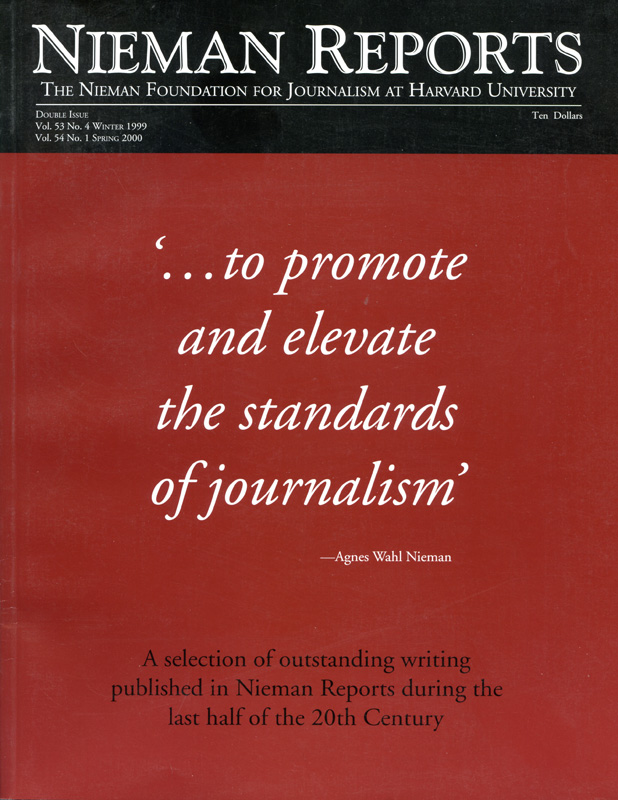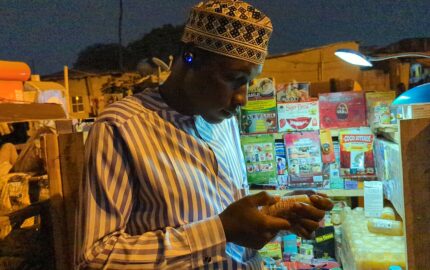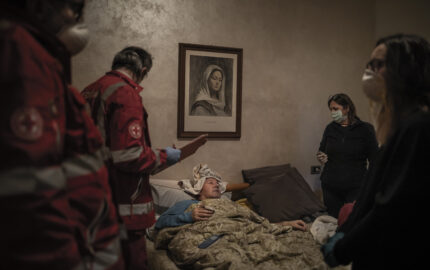
When these journalists return to newsgathering, many continue this dialogue by writing about their experiences in Nieman Reports. Their dispatches provide critical connections. They provide a compelling record of the all too frequent abuses of press freedom so many of them endure. And their words also lift our spirits with testimonies of triumph as some share glimpses of courageous coverage, a vital reminder of risks so many reporters still face in adhering to journalism’s core principles.
“You deserve a bullet,” an anonymous letter informed Russian independent journalist Yevgenia Albats (NF’93) after her investigative series on Moscow Mayor Yuri Luzhkov revealed his connections with Russian businessmen who were subjects of Interpol’s interest.
Percy Qoboza (NF’76), a black South African newspaper editor, said what scared him during his Nieman year was “the fact that I had accepted injustice and discrimination as ‘part and parcel of our traditional way of life.’” After his Nieman year, he told a friend, “the things I had accepted made me angry. It is because of this that the character of my newspaper has changed tremendously. We are an angry newspaper. For this reason we have made some formidable enemies, and my own personal life is not worth a cent….” In 1977, Qoboza’s championing of justice and liberation resulted in his imprisonment under South Africa’s detention without trial laws.
Another challenge of chronicling international events involves the ability of reporters to convey news within its meaningful context. From the Congo in 1961, Henry Tanner (NF’55) described the new nation as “a reporter’s nightmare” and worried about the impossibility of being able to accurately describe to non-Congolese audiences the chaotic rush of events. Foreign correspondents, including Walter Sullivan, and Nieman Curator James C. Thomson, Jr.—both of whom were in China during the Communist takeover—gathered decades later to examine the “intellectual baggage” they brought with them and how it influenced reporting. And M.G.G. Pillai (NF’77), writing from Malaysia, asked Nieman Reports readers, “Is the Western press listening to its colleagues in Third World countries?”


